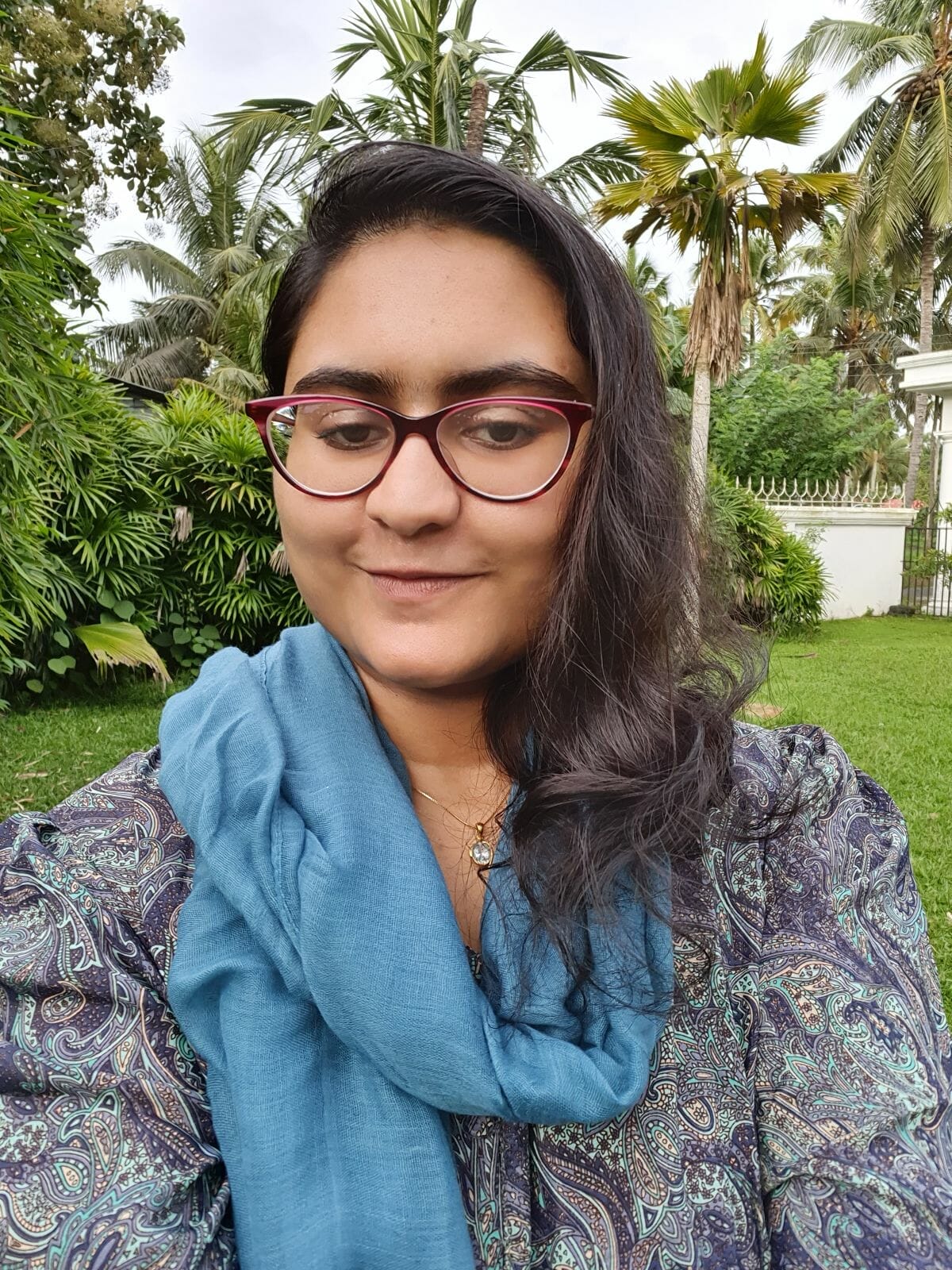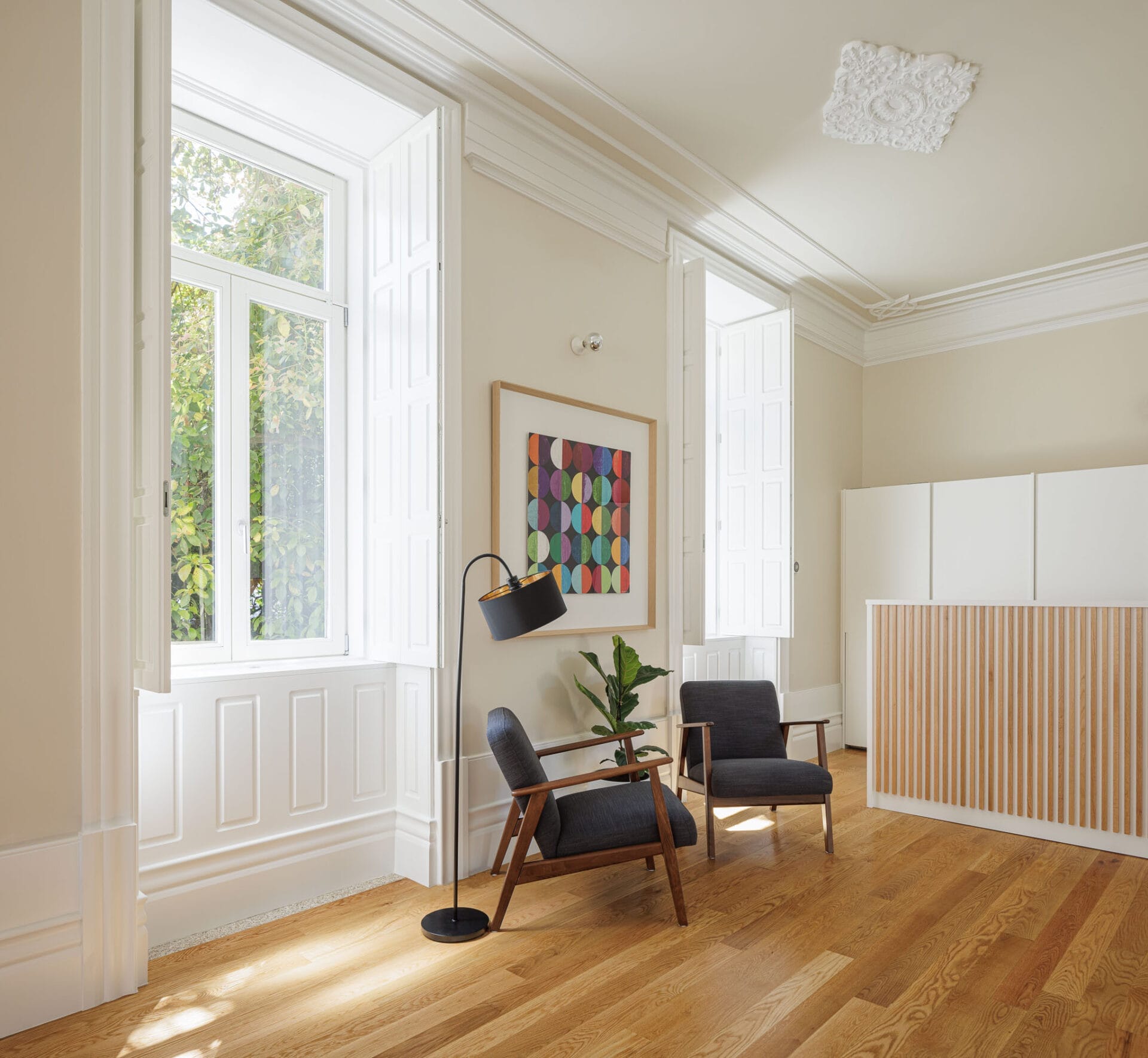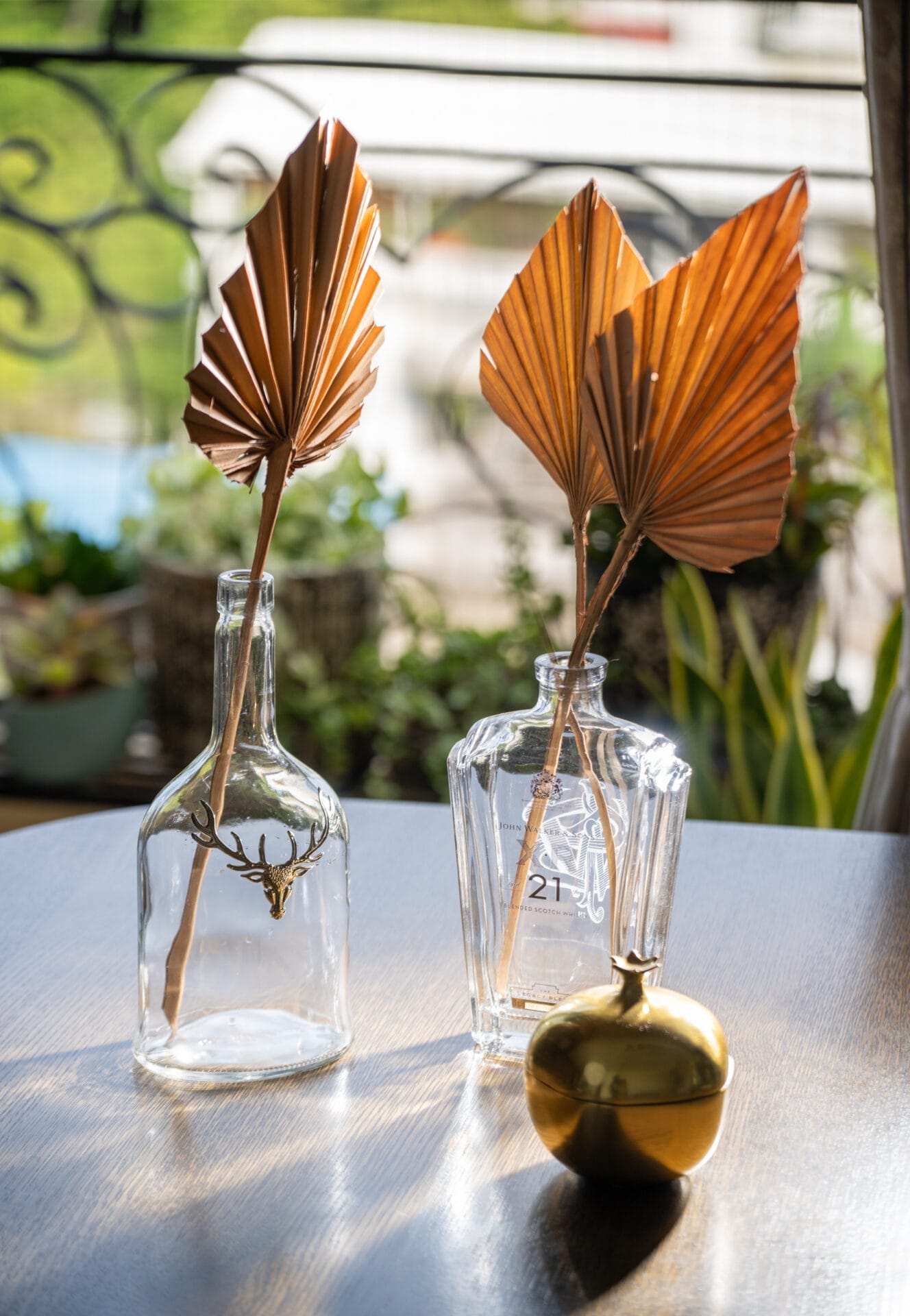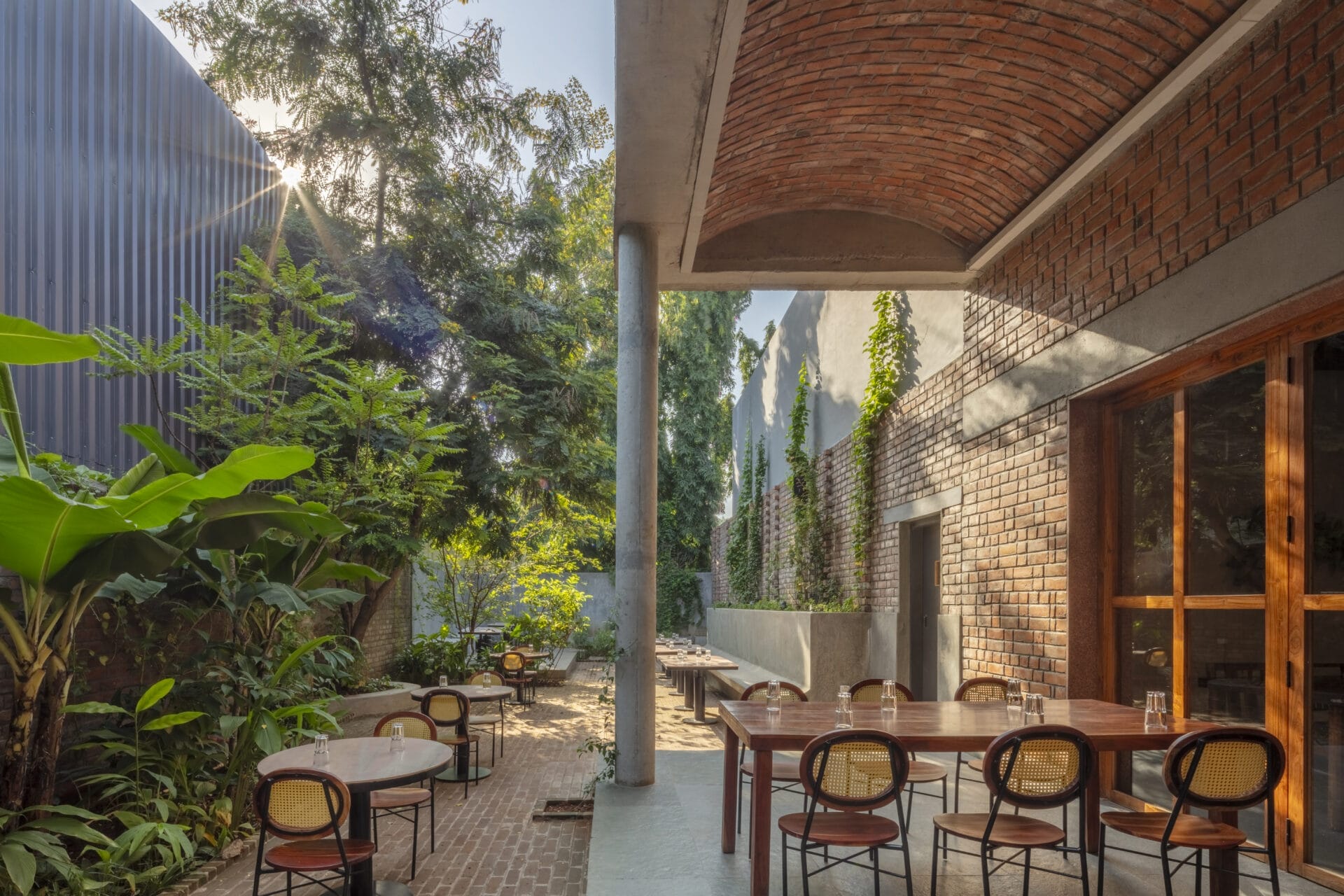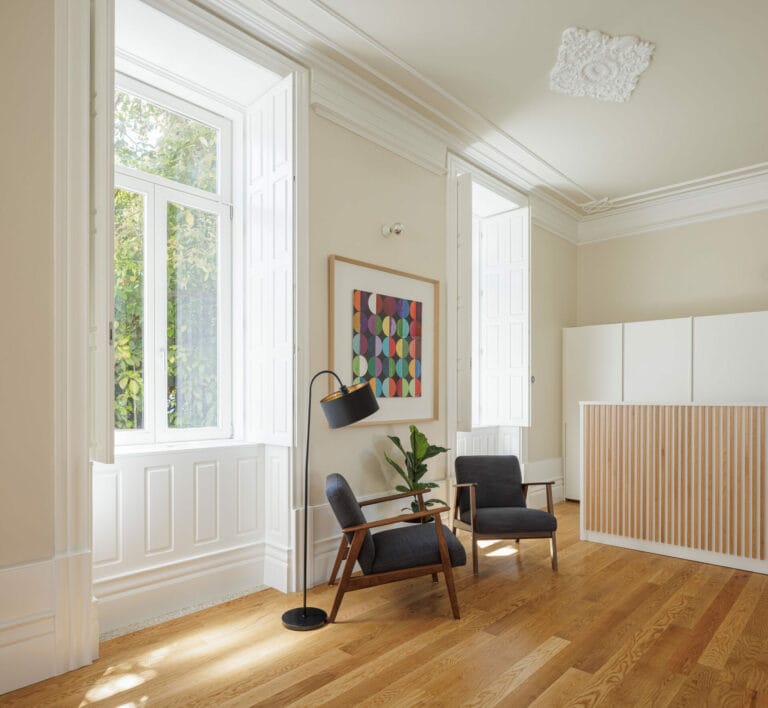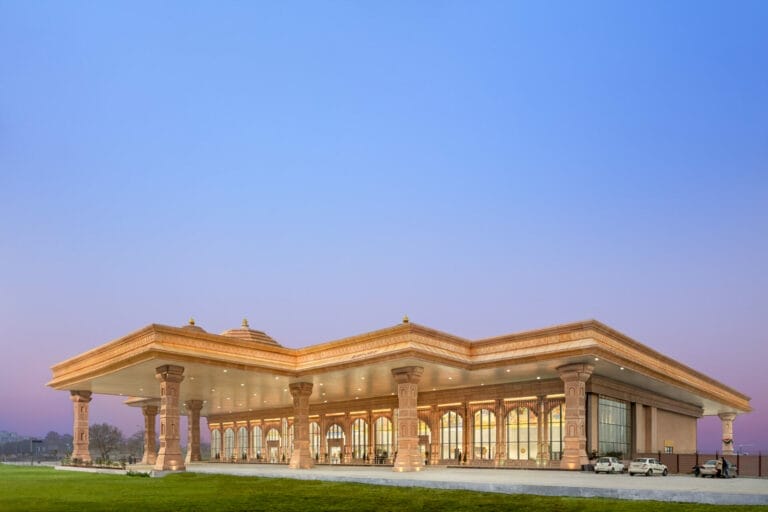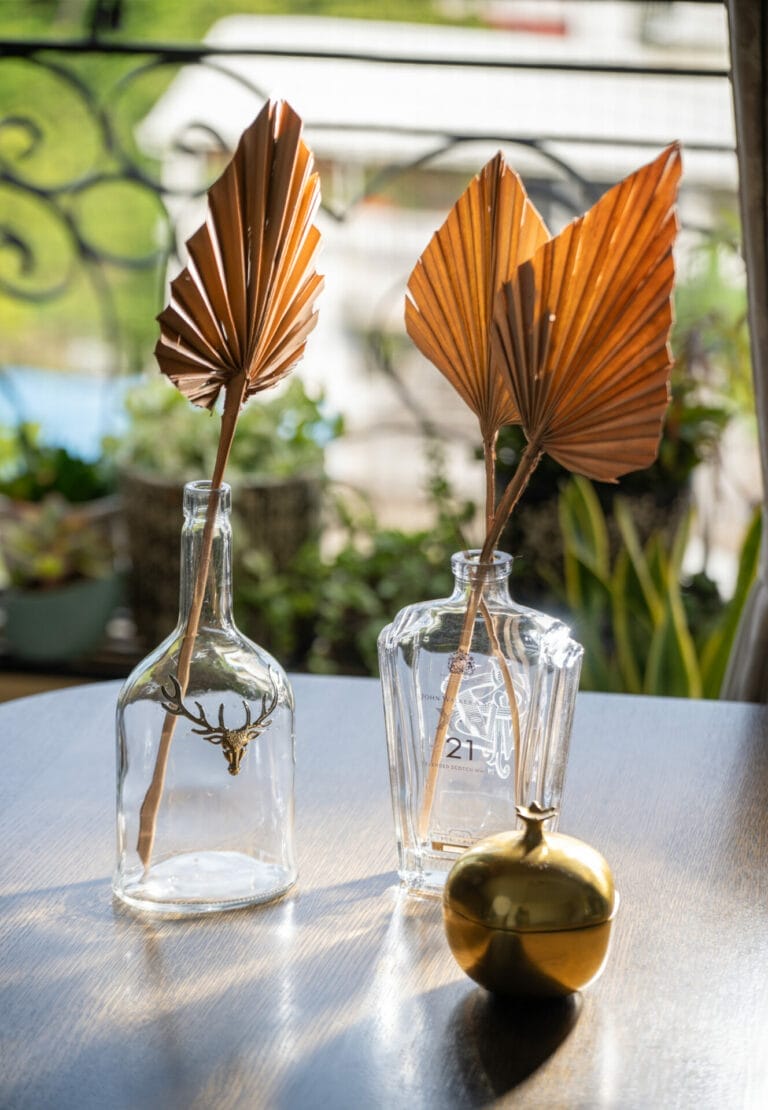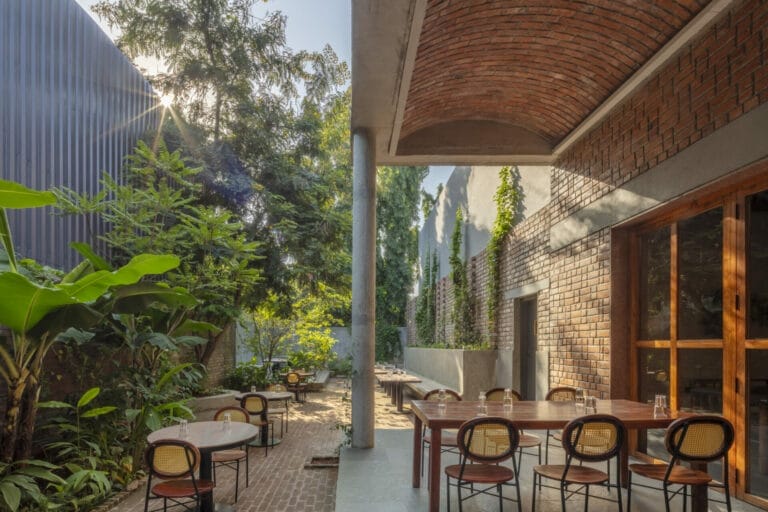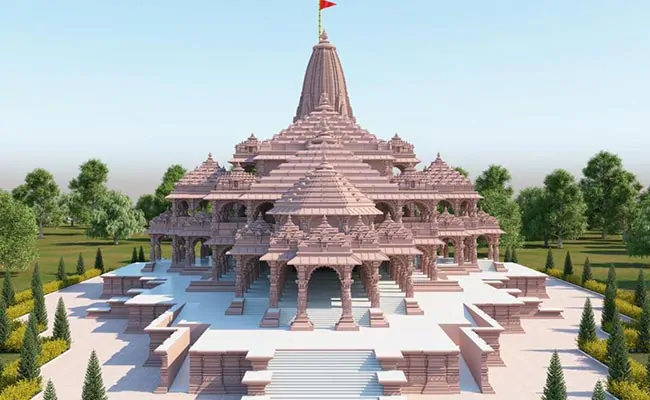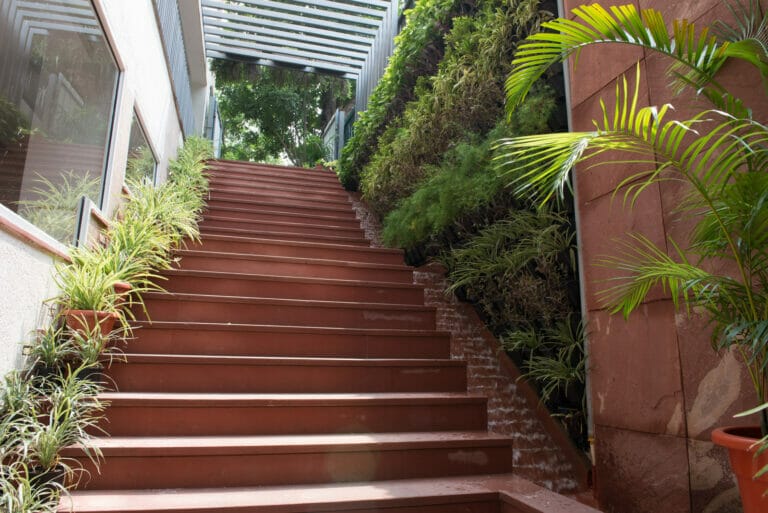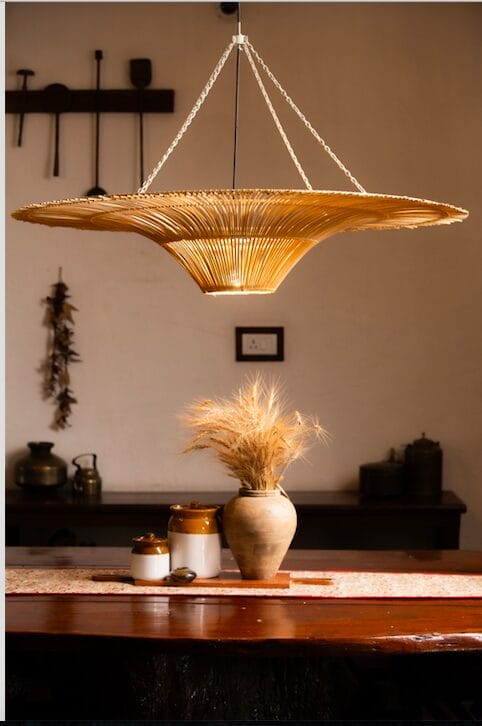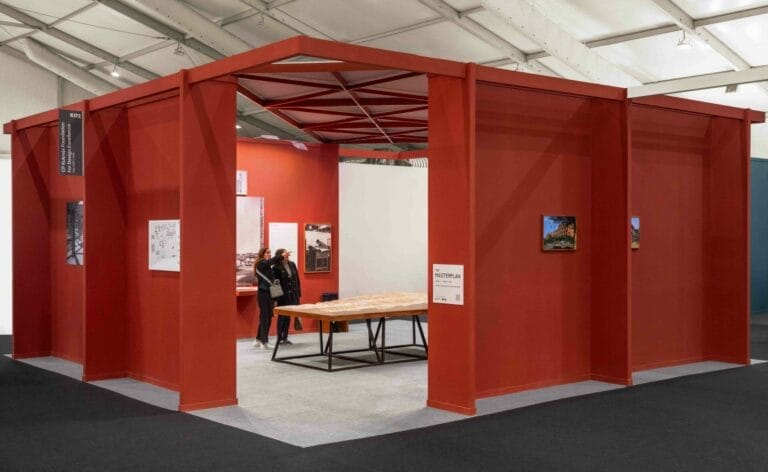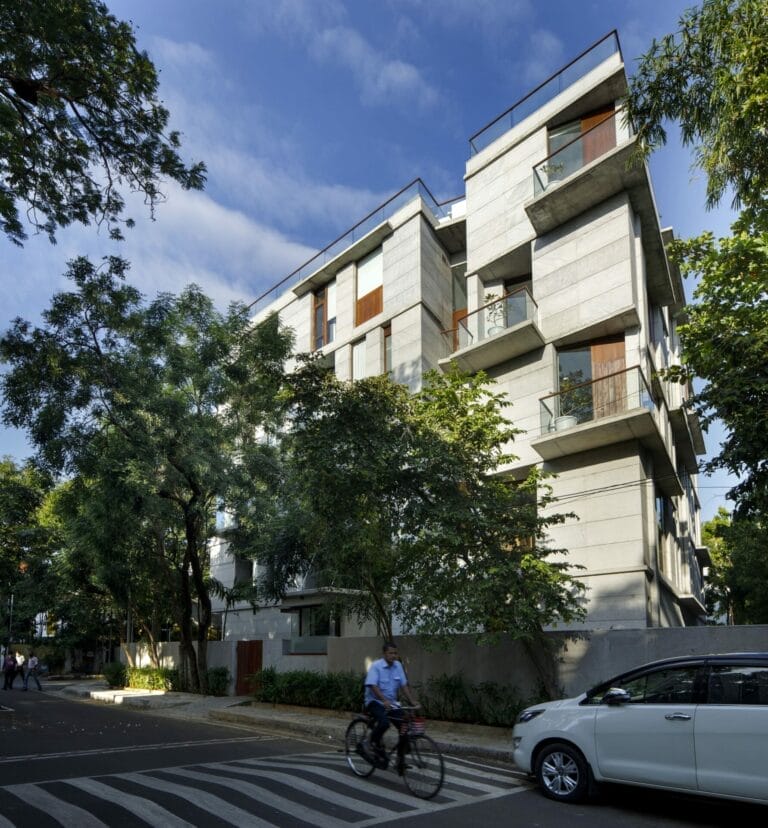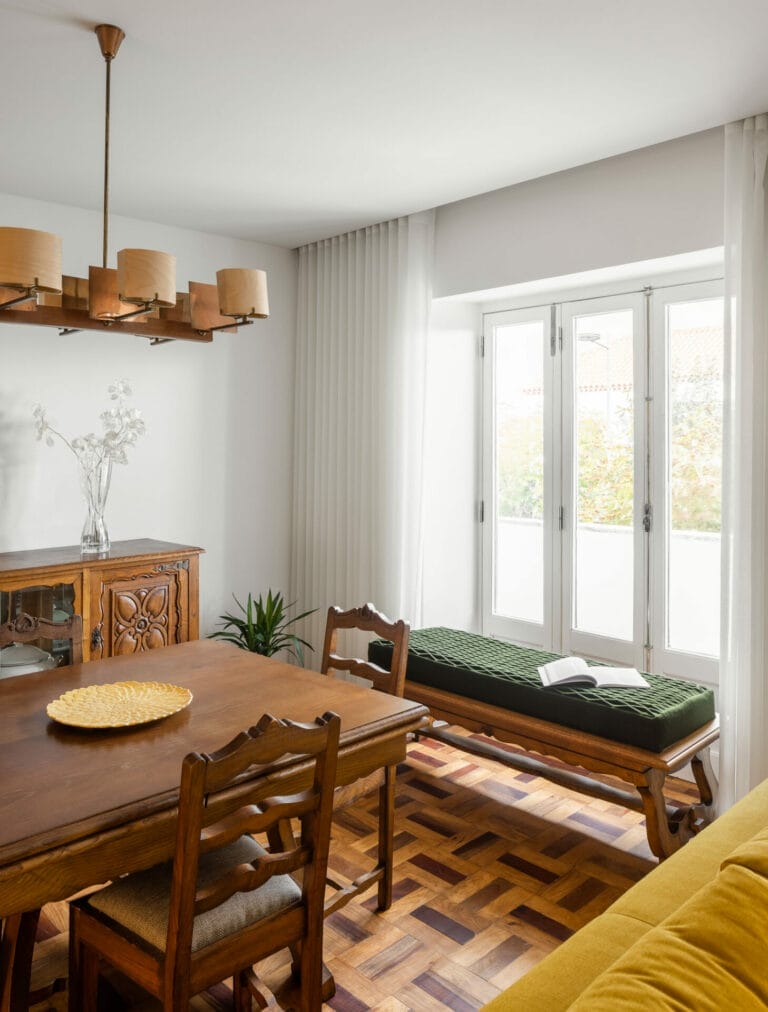Veena Harbhagwan Sahajwalla, an Australia-based Indian inventor, professor, and materials scientist, has been named the New South Wales Australian of the Year 2022. She’s the Founding Director of the Centre for Sustainable Materials Research and Technology (SMaRT Centre) and the Associate Dean of Strategic Industry Relations at the University of New South Wales (UNSW). A graduate in Materials and Metallurgical Engineering from IIT Kanpur, she holds a Master’s degree from the University of British Columbia and a Ph.D. from The University of Michigan in related fields.
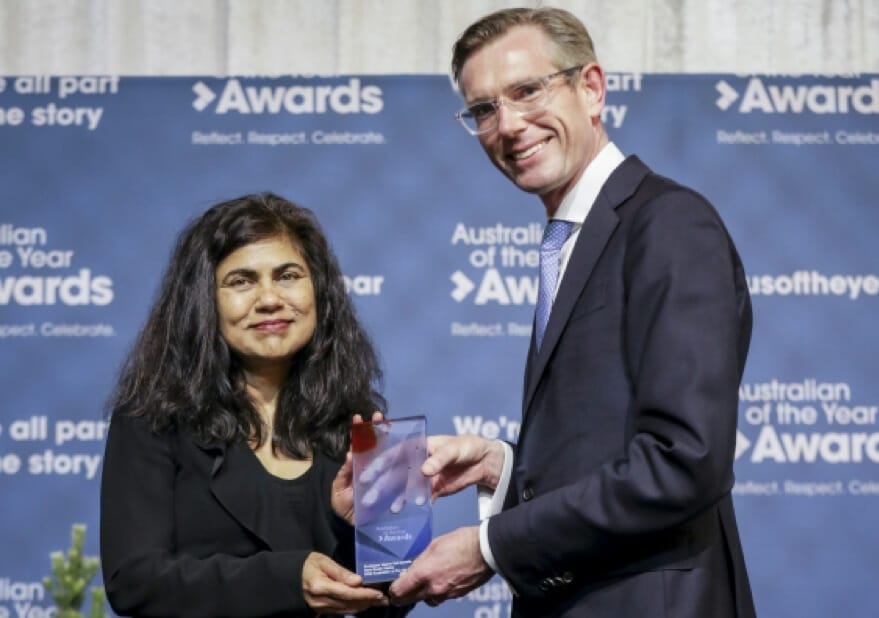
Professor Sahajwalla’s keen interest in the field of recycling comes from a childhood observation. Growing up in Mumbai, she always saw people re-use things and how one man’s trash became another’s treasure. She was always intrigued by how innovative people were when it came to fixing or re-purposing broken electronics, furniture, and clothes. She was also moved by rag pickers and ‘Kabadiwallahs’ or scrap dealers who collected all kinds of recyclable materials and always felt they were doing a very important job in saving our planet. Hence, her research on waste management and recycling has always been aimed at adding value to waste as a material, finding new ways of re-manufacturing it, and paying fair wages to people.
A pioneer in the field of ethical waste management, she has started a revolution in the recycling process by developing new technologies for converting waste into green materials.
Green steel
The inventor’s most ground-breaking discovery is the Polymer Injection Technology (PTI) – the process of extracting hydrogen and carbon from shredded plastic and rubber to replace coal and coke in steel production. This environment-friendly process substantially reduces the emission of greenhouse gases and the amount of plastic and used tires that end up in landfills. Sahajwalla recently patented a related technology where coffee waste is used the same way.
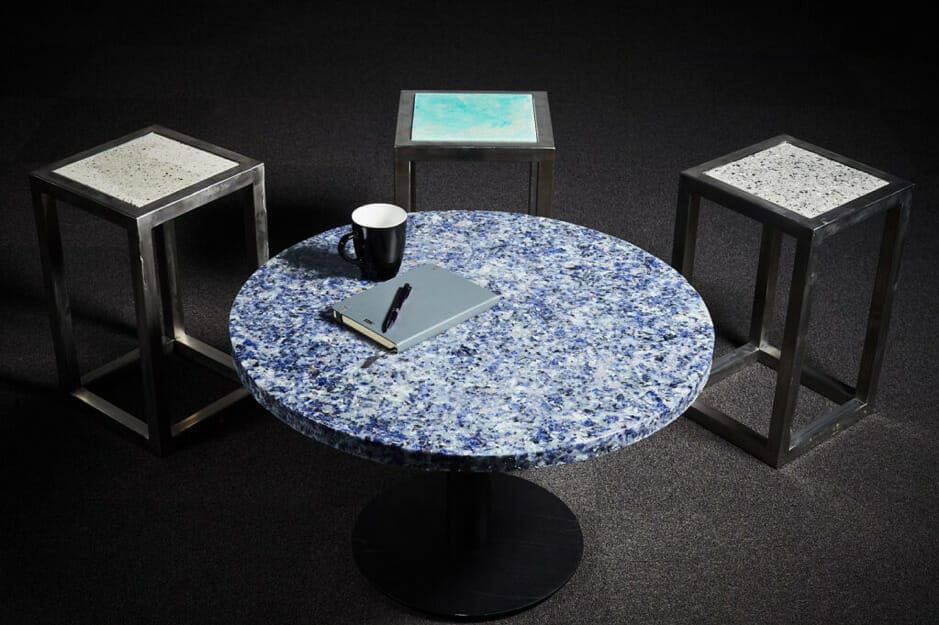
Green Ceramics & Material Enhancers
In 2018, Professor Sahajwalla custom-designed recycling machines to build the world’s first e-waste recycling Microfactory, that could extract precious metals and rare minerals from electronic waste and use heat to re-manufacture them into new products. The following year, she set up Microfactories for recycling plastics, glass, and textiles to make ceramics and 3D printing filaments. The applications of this technology in architecture, interior design, and the construction industry seem limitless, ranging from ceramic tiles and accessories to furniture and green buildings. Moreover, the blending of various materials provides extra strength and higher sound absorption qualities to these ceramics.
Professor Sahajwalla and her team have also developed a new micro-recycling technology called ‘material microsurgery’ where recycled waste is added to materials at a molecular level to modify their properties and performance.
Since 2015, she has been encouraging girls and young women interested in STEM, by offering site visits, inspirational talks, and mentorship through her ‘Science 50:50’ initiative. Often called the ‘Waste Queen’ and ‘Eco Alchemist’, Sahajwalla is truly making our world a better, greener place, and we wish her the very best in her current and future endeavours.

